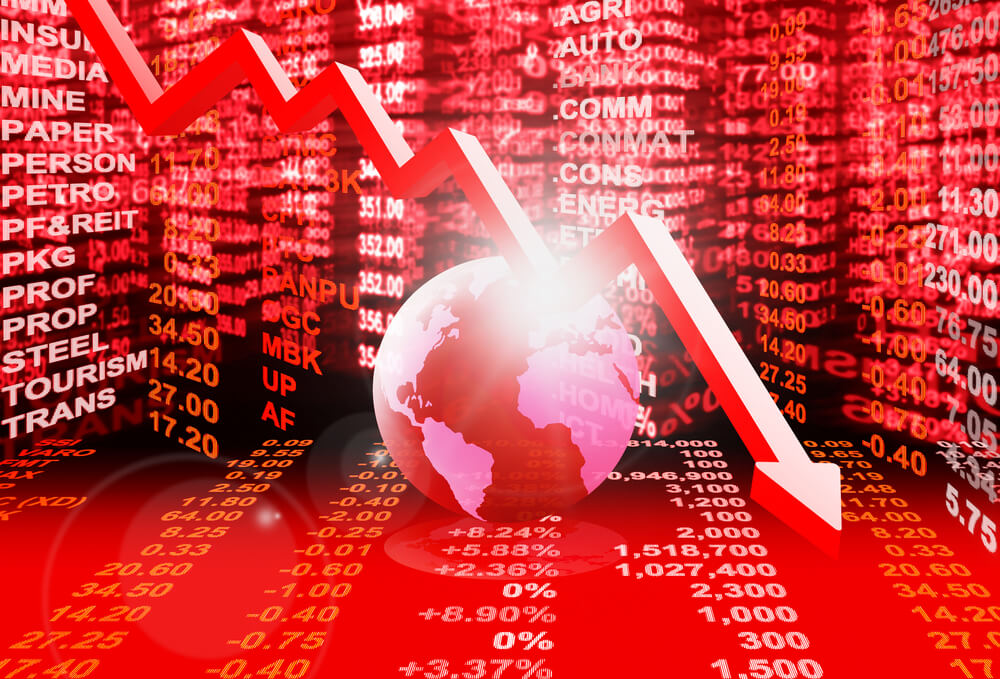Baupost Group hedge fund manager Seth Klarman doesn’t like the looks of the market rally that ran through 2019 and keeps hitting record highs, and he said it could be losing steam fast.
Klarman, whose hedge fund has struggled the past few years but is still worth almost $9 billion, thinks “the rocket fuel that has propelled markets in 2019 will run out,” he wrote in a January letter to clients as reported by Bloomberg News.
Signalling his weariness toward the stock market, Klarman also noted that around 31% of his fund’s portfolio was made up of cash to finish off the year (which Bridgewater founder and CEO Ray Dalio says is a bad idea).
Klarman thinks the markets are a possible “liquidity trap” for over-exuberant investors struck by FOMO that is being fueled by low rates that aren’t boosting the overall economy, and Europe is a perfect example of that. Many EU countries are engaged in low interest or even negative interest rate policy (NIRP), and Klarman thinks Europe is where “interest rates go to die.”
The Federal Reserve has its benchmark interest rate in a range of 1.5% to 1.75% after three rate cuts in 2019 in an effort to bolster the economy, or at least sustain plodding growth. But a study covered here on Money and Markets from the Chicago Fed showed the economy actually slowed in December.
The hedge fund manager, deemed “the next Warren Buffett” and the “Oracle of Boston” by some, was equally cautious at the start of 2019, warning that “the seeds of the next major financial crisis (or the one after that) may well be found in today’s sovereign debt levels” in a similar note that dropped last January. JPMorgan CEO Jamie Dimon warned about the rising U.S. sovereign debt this week from Davos, Switzerland.
Of course, 2019 recovered from a rough start, rallying to its best performance since 2013. The S&P 500 gained almost 29% in the calendar year, boosted by the Fed’s rate cuts and progress toward a new U.S.-China trade deal.
And it looks like Klarman’s Baupost may have missed out. The latest report from the company showed only single-digit returns, which Klarman attributed to a “few mistakes” and “conservative positioning.” Baupost managed around $30 billion a few years ago after beating the market consistently, but it has struggled since 2018.
